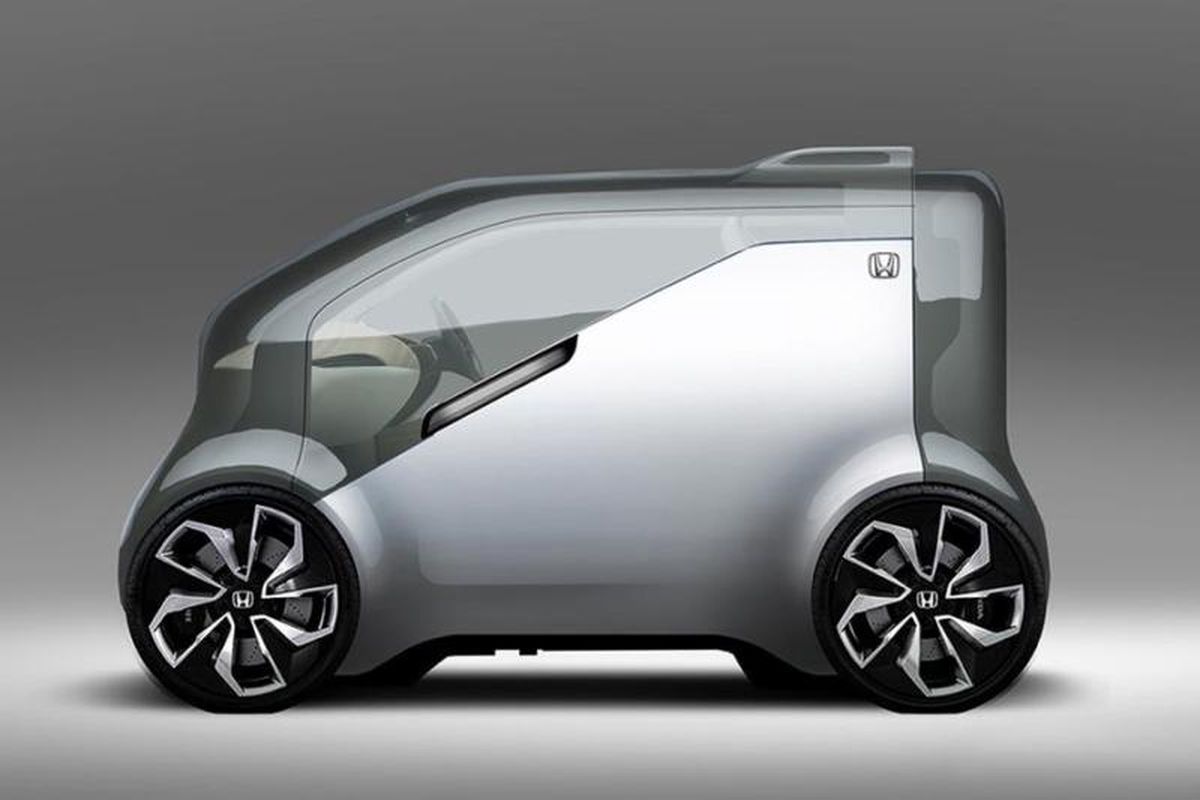As part of the UK Government’s green revolution there will be a ban on the sale of petrol and diesel cars from 2030. From then only cars for sale will be Electric Vehicles ( EV ). But given the Government’s track record in combating the climate crisis - how effective will the policy be?
There are many instances of governement policies not delivering its aims. In 2001, the UK chancellor, Gordon Brown introduced tax breaks for diesel cars because they emit less CO2 than petrol-powered cars, but it is now known that they emit other harmful pollutants. This government policy resulted in 40% of the cars on the road being diesel and an on-going investigation on their impact on health.
Electric Vehicles have the banner attached to them of “zero emmisions”. But that is only looking at one part of a complex problem. A much better approach would be to consider the whole life cycle of the car. There are three elements: the amount of CO2 Equivelant( CO2e ) that is produced in making the EV, the amount of CO2e produced generating the electricity to power the EV and finally the amount of CO2e produced during its disposal. Searching on the web to find out the data to compare the life cycle of an EV with petrol and diesel is very difficult because of the many assumptions that are used to promote a point of view. A study by the engineering company Ricardo demonstrates CO2 emissions from a life cycle analysis shows a different picture. For a standard gasoline car the estimated lifecycle emissions is 24 tonnes CO2e, with 5.6 tonnes CO2e estimated in its production. For a EV it is 19 Tonnes CO2e with 8.8 Tonnes CO2e estimated in its production. Therefore the reduction in CO2e over the life of an EV compared to petrol car is around 20% which is good but maybe not what the banner headline of “zero emissions” is suggesting.
The government’s plan for a green revolution is based on ten key points which covers, power generation, housing and transportation but doesn’t take into account any life cycle analysis for any of its elements. Therefore its effectiveness must be called into question.
Moving to zero emission cars is a good step forward for managing the climate crisis and improving health, particularly in urban areas. But rigorous analysis should be carried out so that the government policies can be held to account for their effectiveness. Life cycle analysis gives a better picture of the overall impact a car, food production, housing or any other activity has on the climate crisis. Lets hope that we don’t end up with a similar situation that we had with diesel vehicles!
